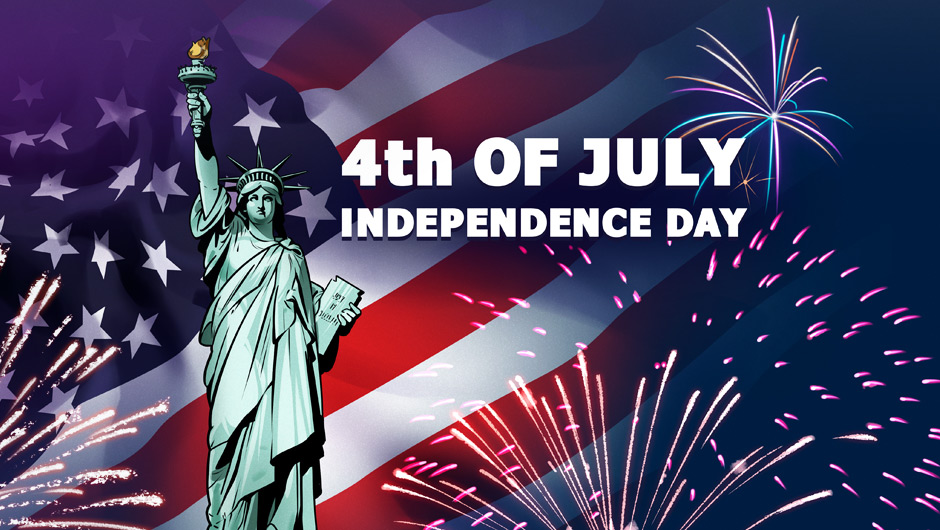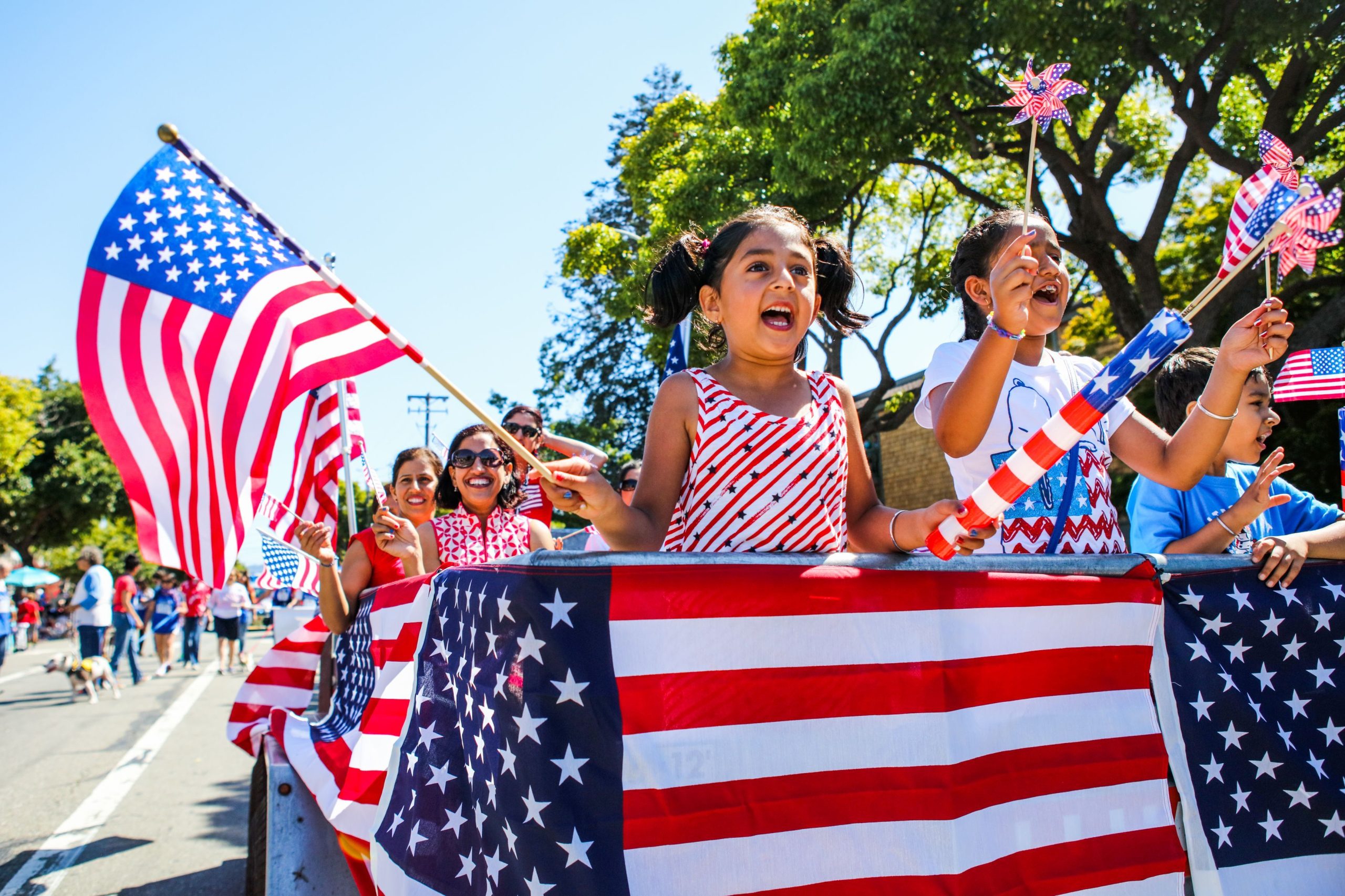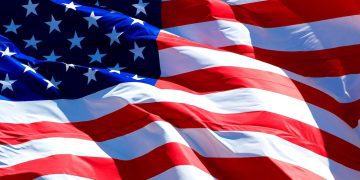What Is American Independence Day?
Every year on July 4th, the United States bursts into a vibrant celebration of freedom, patriotism, and national pride. Known officially as American Independence Day, this federal holiday commemorates the adoption of the Declaration of Independence in 1776, a defining moment when thirteen American colonies declared their freedom from British rule.
But beyond the fireworks, parades, and backyard barbecues lies a deeper story of revolution, resilience, and the enduring values of liberty and democracy.
In this article, we’ll explore the history, significance, and modern-day celebrations of American Independence Day, and why it remains one of the most cherished holidays in the United States.

The Historical Roots of American Independence Day
The Road to Revolution
In the mid-18th century, tensions between the American colonies and Great Britain began to escalate.
Colonists grew increasingly frustrated with “taxation without representation”, restrictive trade laws, and the presence of British troops.
Events like the Stamp Act, the Boston Massacre, and the Boston Tea Party fueled revolutionary sentiment.
By April 1775, the first shots of the American Revolutionary War were fired at Lexington and Concord.
The colonies were no longer just protesting, they were fighting for independence.
The Declaration of Independence
On July 2, 1776, the Second Continental Congress voted in favor of independence.
Two days later, on July 4, the Congress formally adopted the Declaration of Independence, a document primarily authored by Thomas Jefferson.
It boldly proclaimed that the colonies were now “free and independent states,” no longer subject to British rule.
The Declaration outlined the philosophical foundation of the new nation, asserting that “all men are created equal” and are endowed with “unalienable Rights” such as Life, Liberty, and the pursuit of Happiness.
Why July 4th Became the Official Holiday
Although the vote for independence occurred on July 2, the date of July 4, the day the Declaration was adopted, became the symbolic birthday of the United States.
Celebrations began as early as 1777, with fireworks, cannon salutes, and public readings of the Declaration.
In 1870, Congress made July 4 a federal holiday, and by 1938, it became a paid holiday for all federal employees.

The Significance of American Independence Day
A Symbol of National Identity
American Independence Day is more than a historical anniversary, it’s a celebration of the core values that define the United States: freedom, democracy, equality, and self-governance.
It’s a day when Americans reflect on their shared history and the sacrifices made to secure their liberties.
A Unifying Force
Despite political, cultural, and social differences, July 4th serves as a unifying moment. It’s a time when Americans of all backgrounds come together to celebrate their common identity and the ideals that bind them as a nation.
How Americans Celebrate Independence Day
1. Fireworks and Light Shows
Fireworks are the most iconic part of American Independence Day. The tradition dates back to 1777, when Philadelphia celebrated the first anniversary with a grand fireworks display.
Today, cities like New York, Washington D.C., and Boston host massive shows, often synchronized with patriotic music.
2. Parades and Patriotic Displays
From small towns to major cities, parades are a staple of July 4th. Marching bands, veterans, floats, and civic groups fill the streets in a colorful display of national pride.
The National Independence Day Parade in Washington, D.C., is one of the most prominent.
3. Barbecues and Picnics
Independence Day is also a culinary celebration. Families and friends gather for barbecues, picnics, and cookouts, featuring American classics like hot dogs, burgers, corn on the cob, and apple pie.
In fact, Americans consume an estimated 150 million hot dogs on July 4th each year.
4. Music and Concerts
Patriotic music fills the air on Independence Day. Songs like “The Star-Spangled Banner,” “America the Beautiful,” and “God Bless America” are performed at concerts and public events.
The Capitol Fourth concert in Washington, D.C., is a nationally televised tradition.
5. Naturalization Ceremonies
In a powerful symbol of America’s immigrant heritage, naturalization ceremonies are held across the country on July 4th.
New citizens take their oaths beneath American flags, joining the nation on its birthday.
Fun Facts About American Independence Day
– The first fireworks celebration took place in Philadelphia in 1777.
– The Liberty Bell in Philadelphia is tapped 13 times every July 4 to honor the original colonies.
– Three U.S. Presidents, Thomas Jefferson, John Adams, and James Monroe, died on July 4.
– Calvin Coolidge, the 30th U.S. President, was born on July 4, 1872.
– Americans spend over $1 billion on fireworks and consume millions of pounds of meat during the holiday.
Global and Cultural Impact
While American Independence Day is a uniquely U.S. celebration, its themes of freedom and self-determination resonate globally. U.S. embassies and consulates around the world host July 4th events, and the holiday has become a symbol of democratic ideals.
In 2025, for example, the U.S. Embassy in Nairobi, Kenya, hosted a celebration highlighting shared values between the two nations.
Independence Day in a Divided America
In recent years, American Independence Day has also become a platform for civic expression.
In 2025, over 260 protests were held nationwide alongside traditional celebrations, reflecting the country’s ongoing debates over immigration, healthcare, and civil rights.
Yet, this coexistence of celebration and protest is itself a testament to the freedoms enshrined in the Declaration of Independence; freedom of speech, assembly, and dissent.

Why American Independence Day Still Matters
The American Independence Day is not just a celebration of the past, it’s a reaffirmation of the values that continue to shape the nation’s future.
It reminds Americans of their shared heritage, their ongoing struggles, and their collective hope for a more perfect union.
Whether you’re watching fireworks light up the night sky, grilling with family, or reflecting on the words of the Declaration, July 4th is a day to remember what it means to be free, and what it takes to stay that way.
Happy Independence Day, America. Let freedom ring.































Comments 1